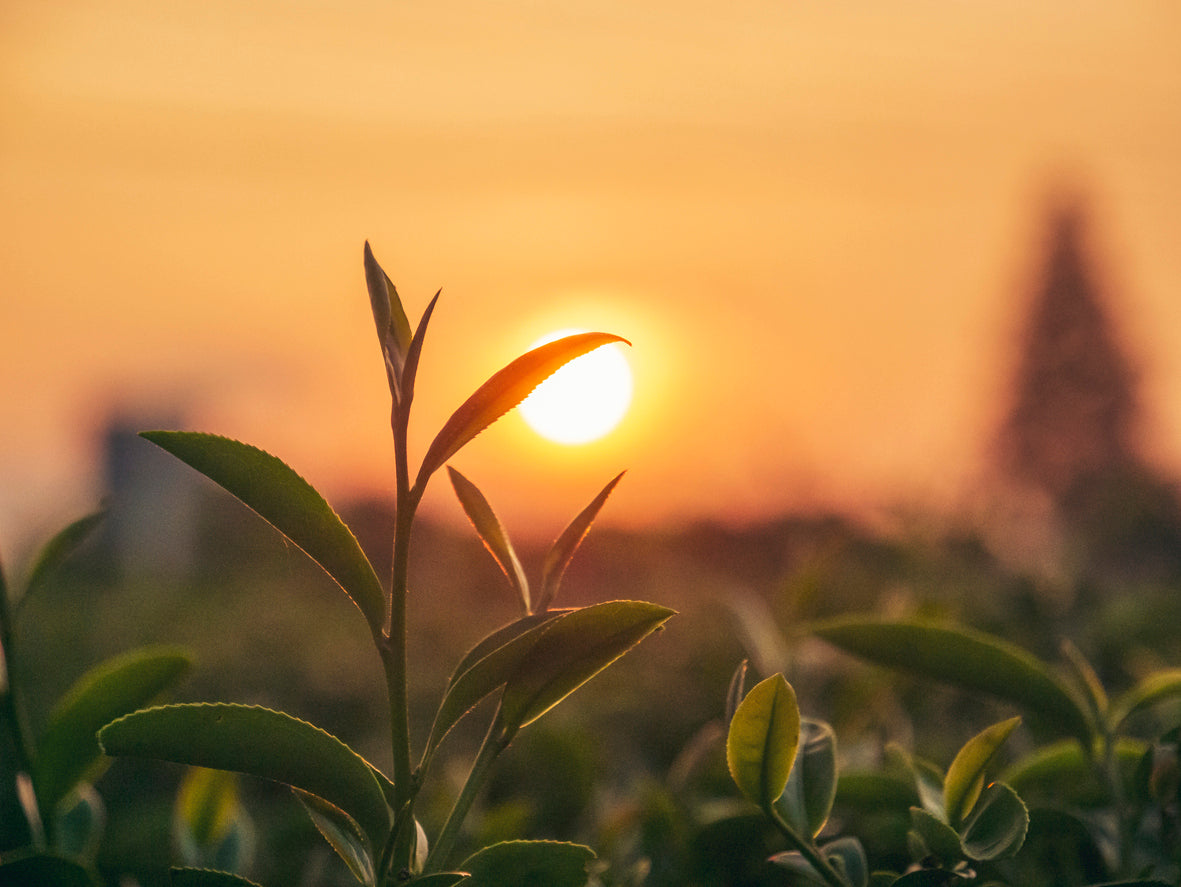-
All Products
-
Gift Voucher
-
R&J Club
-
R&J Rewards
-
Brewer's Blog
-
Sponsorship & Support
-
History
You have no recently viewed items.

A Journey into the World's Oldest Infusion
People across the world have a particular place in their hearts for tea, an ancient beverage with a history that dates back thousands of years. From its legendary origins in China to its current worldwide popularity, tea has developed into a representation of tradition and cultural identity. The fascinating history of tea, the craft of tea growing, the diverse tea traditions, and the cultural value tea carries in various communities throughout the world are all there to be explored. Don't forget to put the kettle on first.
The Mythical Beginnings of Tea
The discovery of tea belongs to the mythical emperor and herbalist Emperor Shen Nong, who ruled in prehistoric China approximately 2737 BCE. The emperor was said to have been relaxing under a Camellia sinensis tree when a leaf accidentally fell into his pot of boiling water. Shen Nong drank the infused water, intrigued by the wonderful aroma and flavour, and discovered tea. This unintentional discovery cleared the door for tea to be grown and consumed, marking the beginning of a long and illustrious journey.
Tea became a crucial component of traditional Chinese medicine as it rapidly became recognised for its medicinal qualities. Tea ceremonies and rituals developed as its popularity grew in tribute to this precious gift from nature. Tea plant cultivation gradually spread outside of China's borders, reaching nearby nations and becoming an important aspect of their cultures.
The Early Tea Culture in China
Tea drinking in ancient China was initially practised for medicinal purposes, but it quickly became associated with refinement and a crucial aspect of social interaction. The art of making tea was perfected, and tea culture grew throughout the Tang dynasty (618–907 CE). The famous literature "The Classic of Tea" by Lu Yu, which highlighted the importance of tea in Chinese culture, provided descriptions of many tea types and brewing techniques.
Tea parties have evolved into a major component of Chinese social life, providing an environment for thought experiments and creative expression. The Song dynasty (960–1279 CE) provided the foundation for the sophisticated Japanese tea ceremony by further popularising the practise of consuming powdered green tea (matcha) in the Song-style tea ritual.
The Journey of Tea to Japan: The Japanese Tea Ceremony
In the ninth century, Buddhist monks were essential to transporting tea from China to Japan. The Japanese tea ceremony, also known as "chanoyu" (sometimes called "sado") meaning the 'The Way of Tea', is a distinctive and highly cherished custom. The tea ceremony, which has its roots in Zen Buddhism, places a focus on harmony, respect, purity, and tranquilly.
The ceremony involves precise rituals for preparing and serving powdered green tea (matcha) to guests, making it an artful and meditative experience. The four principles of the tea ceremony, known as the "Four Sages of Tea," embody the essence of the practise: harmony (wa), respect (kei), purity (sei), and tranquillity (jaku). With the help of tea houses and experienced tea masters, the Japanese tea ceremony is still enjoyed today, preserving both its visual appeal and cultural significance.
Tea and the Silk Road: Spreading to the West
As the Silk Road connected China to the rest of the world, tea became a highly valued product along the trade routes. Tea's popularity spread to neighbouring countries such as India, Persia, and Turkey. In the early 17th century, Portuguese and Dutch traders introduced tea to Europe, eventually making it a beverage of choice among the European aristocracy.
The British Love Affair with Tea
The arrival of tea in England in the mid-17th century marked the beginning of the iconic British tea culture. The British East India Company played a vital role in the global tea trade, importing vast quantities of tea to Britain. By the 19th century, tea had become a staple in British households, and the custom of afternoon tea became a cherished social ritual among the upper classes. popularised by Anna, the Duchess of Bedford.
The Tea Revolution in India: From Colonisation to Independence
During British colonial rule in India, the British established tea plantations to break China's monopoly on tea production. Indian tea gained popularity abroad for its distinctive flavour profiles, with Assam and Darjeeling emerging as significant tea-growing regions. After India gained independence, the tea industry continued to thrive, contributing significantly to the country's economy.
The Globalisation of Tea: Diverse Cultures, Diverse Brews
Today, the love of tea has crossed cultural boundaries and is appreciated by people all over the world. Each nation and region has its own method for making and drinking tea that reflects its traditions and customs. The world of tea offers a fascinating tapestry of flavours and rituals that reflect its uniqueness, ranging from the aromatic Moroccan mint tea to the spiced Indian chai and the cooling Thai iced tea.
Final Thoughts
Tea, a beverage steeped in history, continues to captivate tea lovers around the world. The rise of tea from a mythological discovery to widespread popularity is evidence of both its enduring appeal and cultural significance. With its rich history, artistic rituals, and many flavours, tea continues to unite people, foster connections, and provide moments of solace and reflection. Each cup of tea has a long tradition and an element of magic, whether you decide to take part in the meditative Japanese tea ceremony or experience the British tradition of afternoon tea. Consider the rich cultural past that has shaped this ancient and well-loved infusion while you enjoy your next cup of tea, and let its timeless charm captivate your senses.
- Choosing a selection results in a full page refresh.
